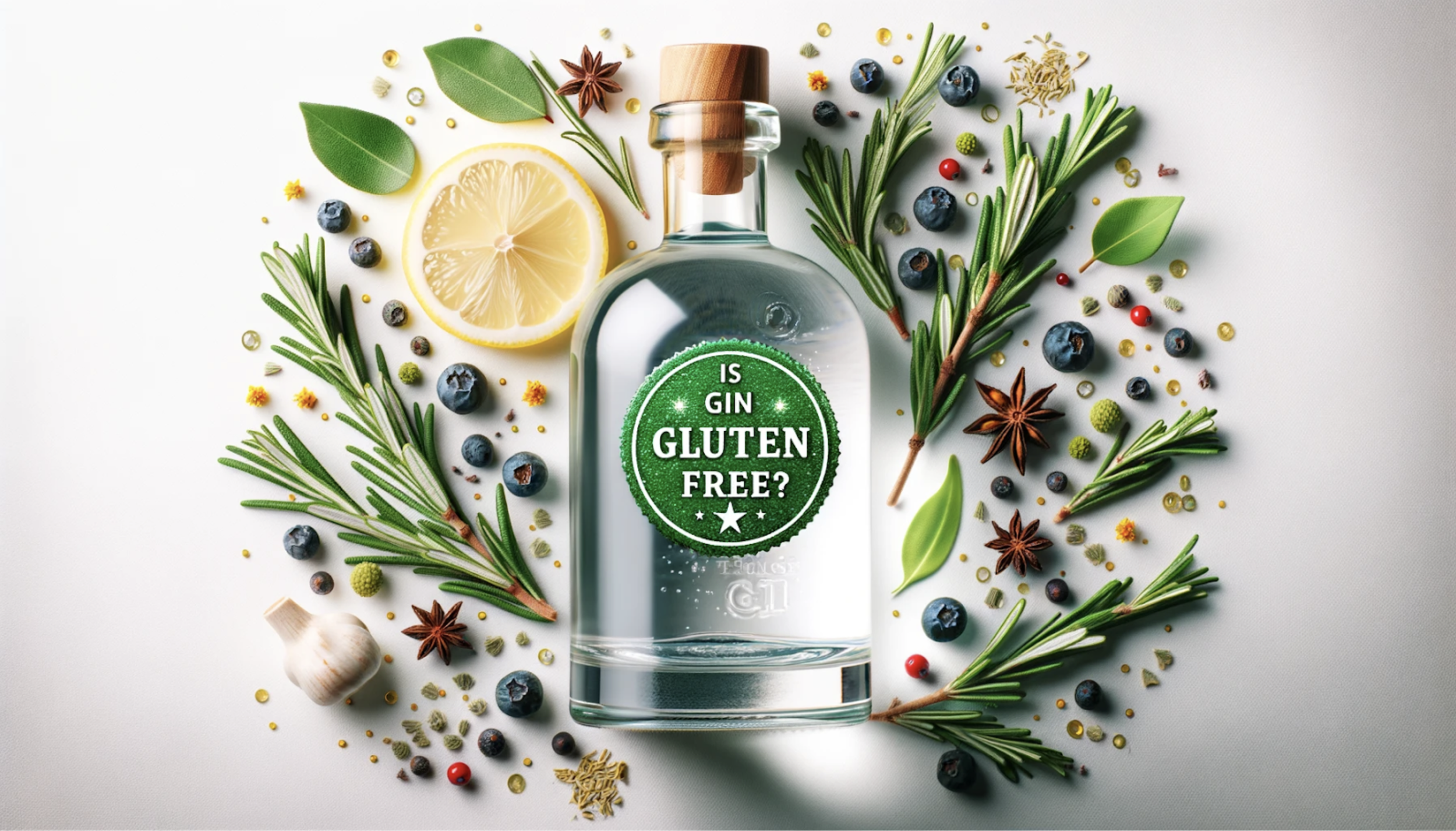Is Gin Gluten-Free? Understanding the Gluten Content in Your Favorite Spirit.
Understanding Gluten and Its Presence in Gin
We hear a lot about products being gluten-free, but you may be wondering what gluten is. Gluten is a mixture of proteins found in wheat and other grains like barley and rye. It gives dough its elastic texture and provides structure to baked goods. For individuals with celiac disease or gluten sensitivity, consuming gluten can cause adverse reactions, including digestive issues and damage to the small intestine.
While most gins are likely gluten-free due to the distillation process, individuals with gluten-related health concerns should choose products labeled ‘gluten-free.’
The Basic Composition of Gin
Gin consists of a neutral grain-based spirit, juniper, and a combination of other botanicals. The base spirit is typically made from distilled grains that contain gluten, such as barley, rye, or wheat, but the gluten protein is removed during the distillation process, leaving the final product gluten-free. However, some people with gluten sensitivity or celiac disease may still experience reactions to certain distilled spirits. Another potential source of gluten is the botanicals or flavorings used to make the gin.
The Distillation Process and Gluten
When making gin, the distiller takes a fermented mash made from wheat, rye, barley, or other grain and distills it. The purpose of the distillation process is to separate the alcohol from the water and other components in the fermented mash. Gluten, being a protein, does not vaporize like the alcohol and remains behind in the stillage or mash residue. That’s why distilled spirits are generally considered gluten-free, even if they are made with grains that contain gluten.
Regulatory Stance and Gluten-Free Labeling:
Regulatory agencies in various countries have different guidelines about labeling a food or spirit ‘gluten-free.’ In the US, the Food and Drug Administration (FDA) allows products to be labeled ‘gluten-free’ if they contain less than 20 parts per million (ppm) of gluten. The Alcohol and Tobacco Tax and Trade Bureau (TTB), on the other hand, now considers gluten-free claims for “alcohol beverages that are made from gluten-containing grains to be misleading to consumers who are seeking to avoid the consumption of gluten for health reasons.” They state “Products made from gluten-containing grains may be labeled with a statement that the product was 'Processed,' 'Treated,' or 'Crafted' to remove gluten, if that claim is made together with a qualifying statement that warns the consumer that the gluten content of the product cannot be determined and that the product may contain gluten.”
Gluten Sensitivity and Consumption Considerations
Even though most spirits are generally considered gluten-free, for people with gluten-related disorders, it's recommended to choose distilled spirits made from gluten-free grains, such as corn, rice, grapes, or potatoes. Other options are to stick with products labeled gluten-free or confirm it with the manufacturer..



